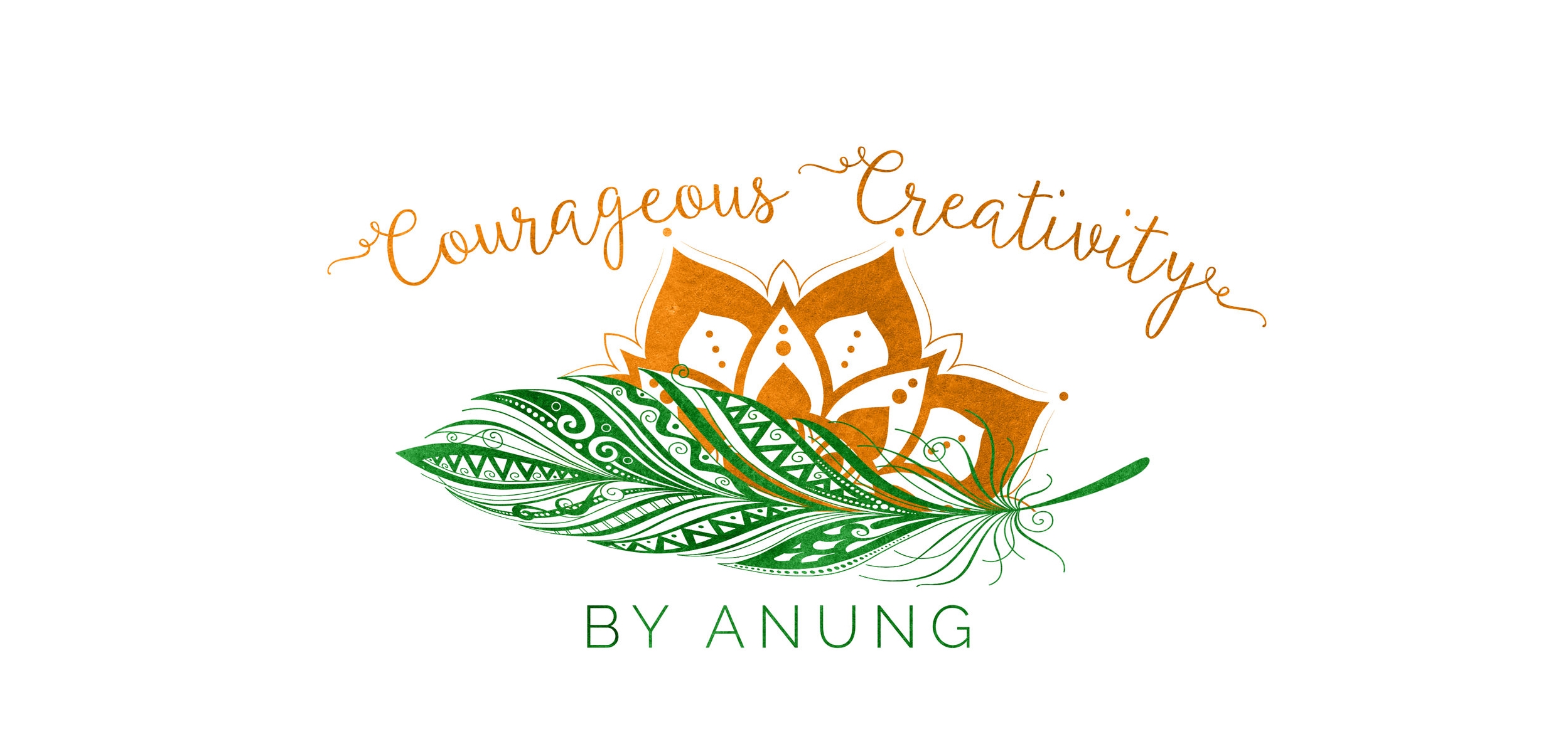Asian in a White Country: Interview with Natalie
So I'm British, born Chinese. I live sort of in the suburbs of London and coming from Chinese heritage, there's not a huge amount of Chinese families. So where I grew up and that's something that I've been exploring a little bit more having started my own podcast quite recently in terms of ethnic identity and where I fit in.
That's definitely something that I've been thinking about a lot (being an “acceptable minority”), especially with current events that have happened so far this year. Well, a lot has been going on this year thinking about where someone of Asian descent fits into that is something that's really important.
So growing up as an Asian person, you're visibly different from your very first day at school, you get treated differently and people will know that you are Asian and they might assume that you're Chinese. Even if you're not, I think that's something that's very common for Eastern, Southeast Asian space in the UK who are not of Chinese descent and that sort of thing, which is, I guess, sort of, for me to check my privilege about as well, because I am of Chinese heritage. Um, whereas other people like yourself Lao or Korean heritage, they might get assumed that they're Chinese when they're not just because that is probably the largest East and Southeast Asia minority, um, group here in the UK. I guess in the UK that I've noticed is different from the US is that the term Asian is actually used very differently in the UK when we're talking about people of color or non-white people, the most common term is pain.
So B A M E, which stands for British Asian and minority ethnic. But something that's really stark is that in all forms in our census forms, or if you go to the doctor or anything under Asian, they'll have sort of mostly South Asian ethnicities and Chinese is in a whole separate category, not under Asian. No one would ever argue that China is in Asia. We a hundred percent know that everyone knows that, but still sometimes the term Asian doesn't actually include East and Southeast Asians when we're looking at data here in the UK. And it's just, I'm a bit of a weird one because I think in the US that the term Asian American is much more established. Whereas here in the K, maybe we are not quite there yet with how we use the word Asian. It's not as inclusive as it should be.
You know, you might assume that they were the same as me because they are also British Chinese, British born Chinese. Actually, they have a very different experience. So growing up, we did speak a little bit of Cantonese. That was most of the language that we spoke. So within my household. But aside from that, I would say that my parents encouraged me to fit in pretty closely with the wider white English society. Other people who are British born Chinese have shared experiences with me, which are all quite different where their parents really encouraged them to hold on to their Chinese heritage, which I think is so important, but just the language, but also the culture. And we're not, we're not that I like to compare. I would say that they are therefore more quote Asian than me, even though we shouldn't really be measuring and comparing like that. But in terms of the culture, they, I find the other British born Chinese people might know more than me because I might have been, um, encouraged to fit in. And also if you don't grow up in a wider Asian community, so extended family or the other families in your area, if you don't have that, you wouldn't necessarily sort of grow up with that mindset and environment.

